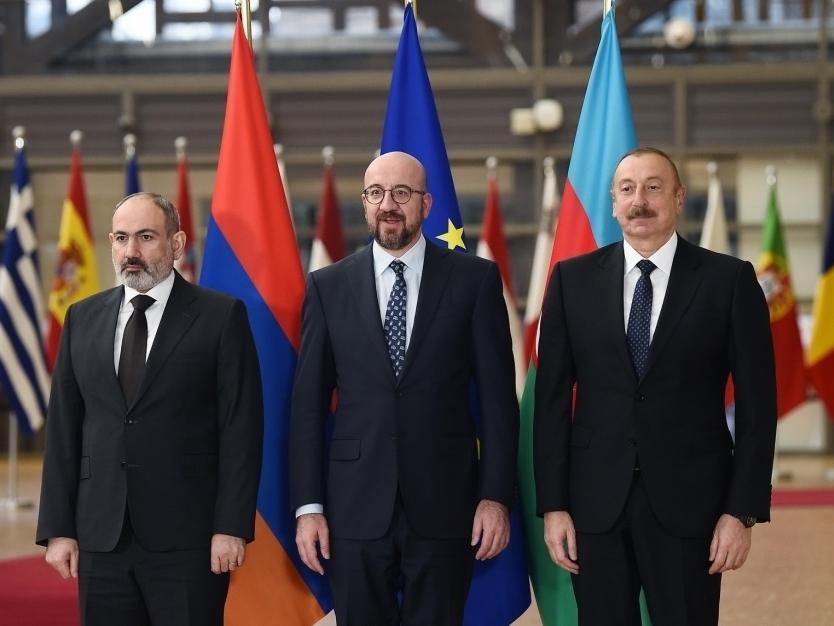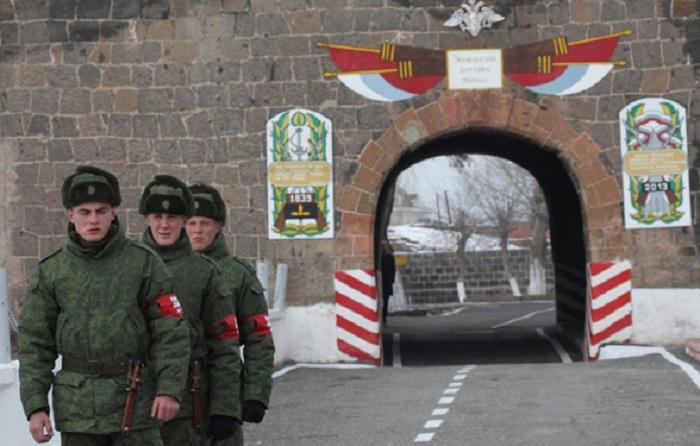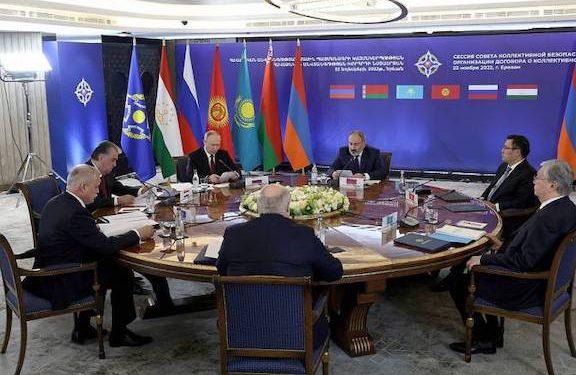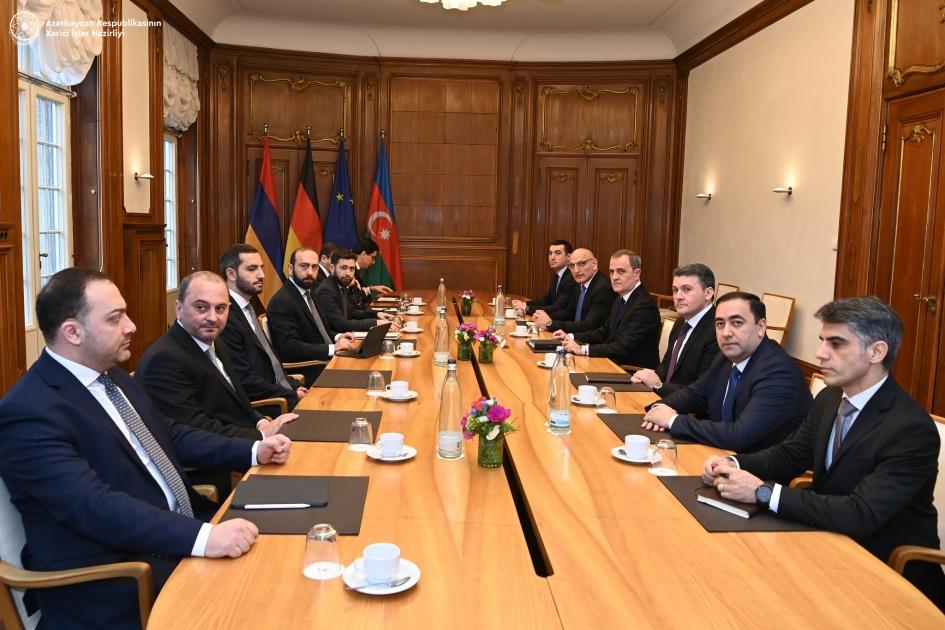What does Armenia’s turn to the West mean for Russia? New tactic chosen
On February 21, 2024, Azerbaijan submitted a renewed version of a peace treaty to Armenia, following official Yerevan’s proposal submitted to Baku on January 4, 2024.
The renewed version of the peace treaty was submitted shortly after the deadly incident between Azerbaijan and Armenia in the border area with Syunik following months of stability. As a result, one Azerbaijani serviceman got injured, while four Armenian servicemen were reportedly killed. Despite the fears of a renewed armed standoff between Baku and Yerevan amid the ongoing peace negotiations, the situation was quickly resolved as Baku did not opt for a large campaign.

The tumultuous peace process between Azerbaijan and Armenia was stalemate throughout 2023, with both parties accusing each other of torpedoing it. Therefore, the Azerbaijani government critically approached the activities of the EU civilian monitoring mission, which is deployed along the Armenian side of the border, including the EU institution’s critical statements toward official Baku.
As a result, Azerbaijan distanced itself from the Brussels negotiation format, while Armenia took the chance to turn westwards and radically shift its foreign policy orientation. After Azerbaijan’s military operation in September 2023 and Moscow’s silent acquiescence, Armenia sought new partnerships to decrease Russian influence. In terms of diversification of partnership, Yerevan actively seeks close alliance with Europe and makes overtures toward other major powers, particularly India and Iran.

This decision suggests that Armenia will likely take additional steps to reduce its dependence on Moscow by expanding ties with others in Europe. Russian analysts say that Armenia’s next moves will most likely include demands that Moscow close its base at Gyumri, where some 4,000 Russian troops are stationed, and that Armenians replace Russians as border guards in Armenia. Moreover, Armenia may pull out of Moscow’s Eurasian Economic Community to expand ties with the European Union.
These moves were perceived in Moscow as a clear shift in Yerevan's foreign policy, especially since this is far from the only statement by the Armenian leader that can be interpreted in this way. Indeed, after the 2020 and 2023 military actions, the presence of Russian military personnel on Armenia’s soil became more noticeable than ever and unnecessary. Paradoxically, despite these tensions, economic ties between the two nations are rapidly developing. In 2023, bilateral trade turnover is anticipated to reach an unprecedented $6 billion, driven partially by a surge in exports from Armenia to Russia. The role of money transfers from Russia to Armenia and the influx of tens of thousands of Russian emigres to Armenia after the Ukrainian war outbreak cannot be ignored.

Notwithstanding, it is in Armenia’s interest to downgrade the participation in Russia-led Collective Security Treaty Organization (CSTO), though some opposition members in the country believe that a demonstrative break with Russia could turn into a war on two fronts. However, Yerevan’s steady turn toward the West will inevitably require the local government to take more strict measures against Russian influence, such as withdrawal from the CSTO and sanctions against Russian companies linked to the Kremlin and based in Armenia.
The intensive diplomatic traffic between Armenia and the EU suggests that the country openly eyes a deep alliance with the West, including security guarantees to quell Moscow’s potential expansion in the South Caucasus. However, Prime Minister Nikol Pashinyan is in no rush to sever all ties with Russia as it is still Armenia's biggest trade partner. Moreover, Iran – another major ally of Armenia and Russia, cautiously watches Yerevan's rapprochement with the West. As one of the leading regional antagonists, Iran sees the South Caucasus region as its own sphere of influence and will unlikely allow growing Western influence in the region. Given its close cooperation with Russia, Iran will view what is happening in Armenia as an opportunity to expand its influence and a threat to this prospective expansion.

In addition, from Yerevan's prism, the deepening engagement with the West will make the peace process with Azerbaijan and normalization with Türkiye less complex. Simply put, Russia’s non-involvement would give Armenia an upper hand in the negotiation process. Seemingly, Azerbaijan does not oppose Western mediation in the negotiation process. Therefore, on February 28, Azerbaijani and Armenian foreign ministers met in Berlin with the mediation of their German counterparts. Although there were no significant achievements, the Berlin meeting could set a positive precedent and replace the collapsed Brussels format.








